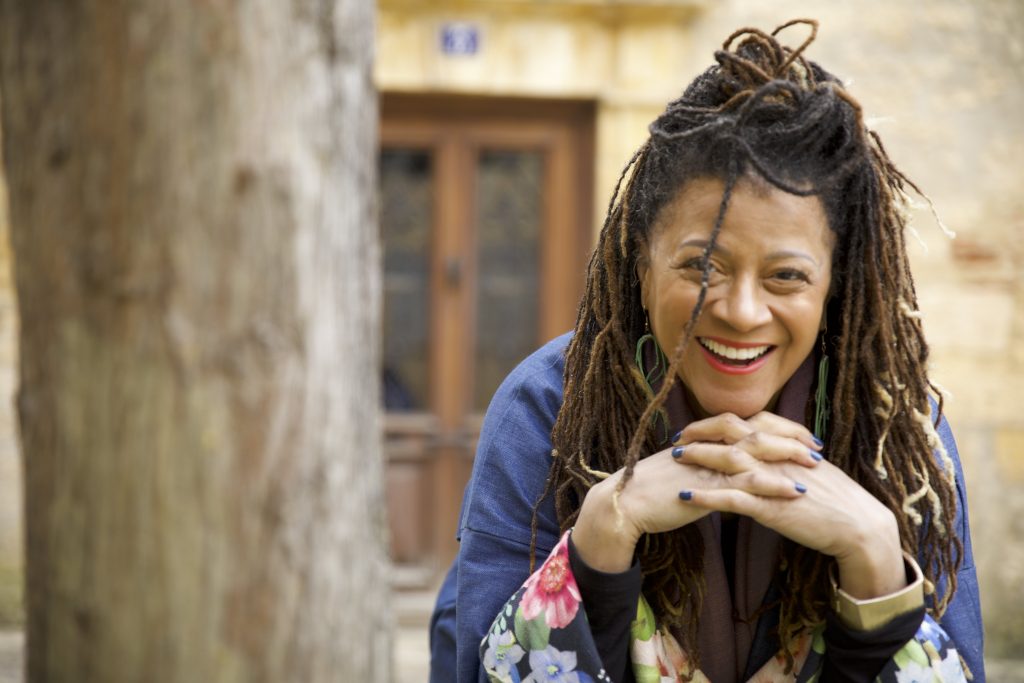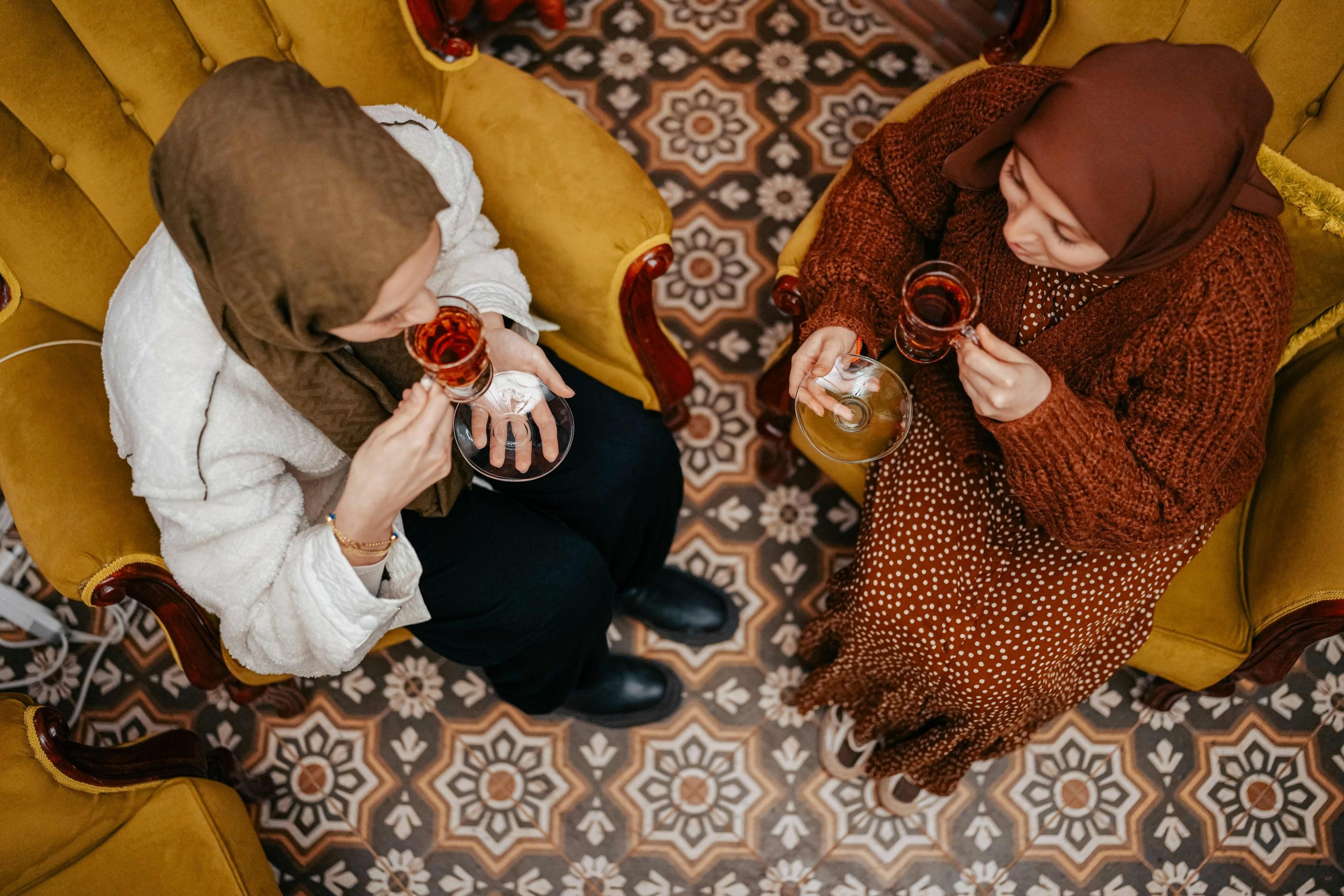Photo By:Ahmet Kurt
Written By: Traciana Graves, Founder & Editor of Happiness 360®
The Pause Hidden in Plain Sight
In Morocco, amid the dizzying swirl of medina life—the bargaining calls in Marrakech souks, the relentless motion of Casablanca streets, the hum of multigenerational households—I kept noticing something that seemed almost impossible: everything would stop for tea.
Heated negotiations, endless errands, the clatter of commerce—suddenly, a collective pause for the preparation and savoring of mint tea. Not rushed, not casual, but deliberate. The washing of glasses, the placement of mint, the ceremonial pour from a height, the waiting, the serving. A rhythm built on patience, precision, and presence.
As a language scholar studying how cultures embed wisdom into daily life, I knew this was not just hospitality. It was generational intelligence at work—knowledge preserved not in manuals, but in gestures passed across centuries. Morocco had built a nervous system reset directly into the architecture of daily life.
“Sustainable performance requires social connection and ritualized renewal, not just individual optimization.”
— Traciana Graves
The Neuroscience of Ritualized Breaks
Modern workplace science is just catching up to what Moroccan tea culture has always understood: human attention requires systematic renewal, not just recovery at the end of the day. Microsoft’s research shows productivity peaks when people pause every 90 minutes, in sync with our ultradian rhythms.
Moroccan tea ceremonies deliver exactly this cadence. Each gathering lasts 15–20 minutes, repeated several times daily. During that time, cortisol levels drop, oxytocin rises, and the brain shifts modes—from task-focused intensity to receptive social engagement.
The preparation itself matters. The ritualized movements—washing, steeping, arranging, pouring from a height—create what neuroscientists call “embodied mindfulness.” The body signals to the brain that this is protected time, distinct from the demands of labor.
“الوقت شاي.”
“Time itself becomes tea.”
— Moroccan saying
The social component amplifies it. Sharing tea triggers what psychologists call co-regulation: nervous systems syncing through eye contact, unhurried talk, shared presence. The culture intuited what science now confirms: isolation drains cognition, while ritualized connection restores it.
Adapting Moroccan Pause Wisdom to Busy Lives
The traditional pattern: several tea ceremonies a day, with careful preparation, social engagement, and complete attention to the process.
The principles underneath:
- Scheduled interruption of task-driven time.
- Ritual movement to signal transition.
- Sensory engagement through taste, smell, touch, and sight.
- Social co-regulation that restores calm collectively.
Modern adaptations:
- Make beverage preparation intentional rather than automatic—whether coffee, tea, or even water.
- Use these pauses as natural transitions between work phases.
- Whenever possible, share them—at home with family, or at work with colleagues.
The key is consistency. Mid-morning, mid-afternoon, and early evening breaks align with natural energy cycles and echo Moroccan timing.
What makes the ritual effective is not the caffeine, but the choreography: physical movement, sensory immersion, social connection, and temporal boundaries create a complete reset in minutes.
Why Ancient Hospitality Beats Modern Productivity Hacks
Moroccan tea culture reveals a truth our productivity culture too often ignores: sustainable performance depends not on squeezing more effort from the individual, but on embedding pause into the collective rhythm.
This is why I developed Fearless Listening®: to recognize and adapt the cultural intelligence societies carry in their daily rituals. Tea in Morocco is not just a refreshment. It embodies:
- Biological intelligence: aligning with ultradian cycles of attention.
- Emotional intelligence: offering space for connection and regulation.
- Generational intelligence: preserved through repeated gestures across lifetimes.
- Social intelligence: recognizing that resilience is built together, not alone.
Modern research on burnout confirms what Moroccan tea culture has intuited for centuries: constant output without collective renewal erodes creativity and decision-making. Countries with strong pause traditions show better stress resilience and workplace satisfaction.
The tea, in the end, was never only about the beverage. It was about constructing a social architecture where humans could reset together, rhythmically rather than reactively. Sometimes the most sophisticated productivity system is also the most hospitable one.
Fearless Listening® is the foundation of the Happiness 360® ecosystem—created for self-actualization, aligned leadership, creative living, and conscious connection.
Ready to explore how other cultures optimize daily rhythms? Discover [Argentina’s mate rituals →] or [Portugal’s afternoon merenda →]

Want weekly insights on applying cultural intelligence to modern challenges? Subscribe to my Letters from Traciana. [Join here →]






















0 Comments for “How Morocco’s Tea Rituals Create Calm in Chaos Better Than Meditation”